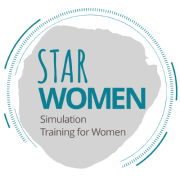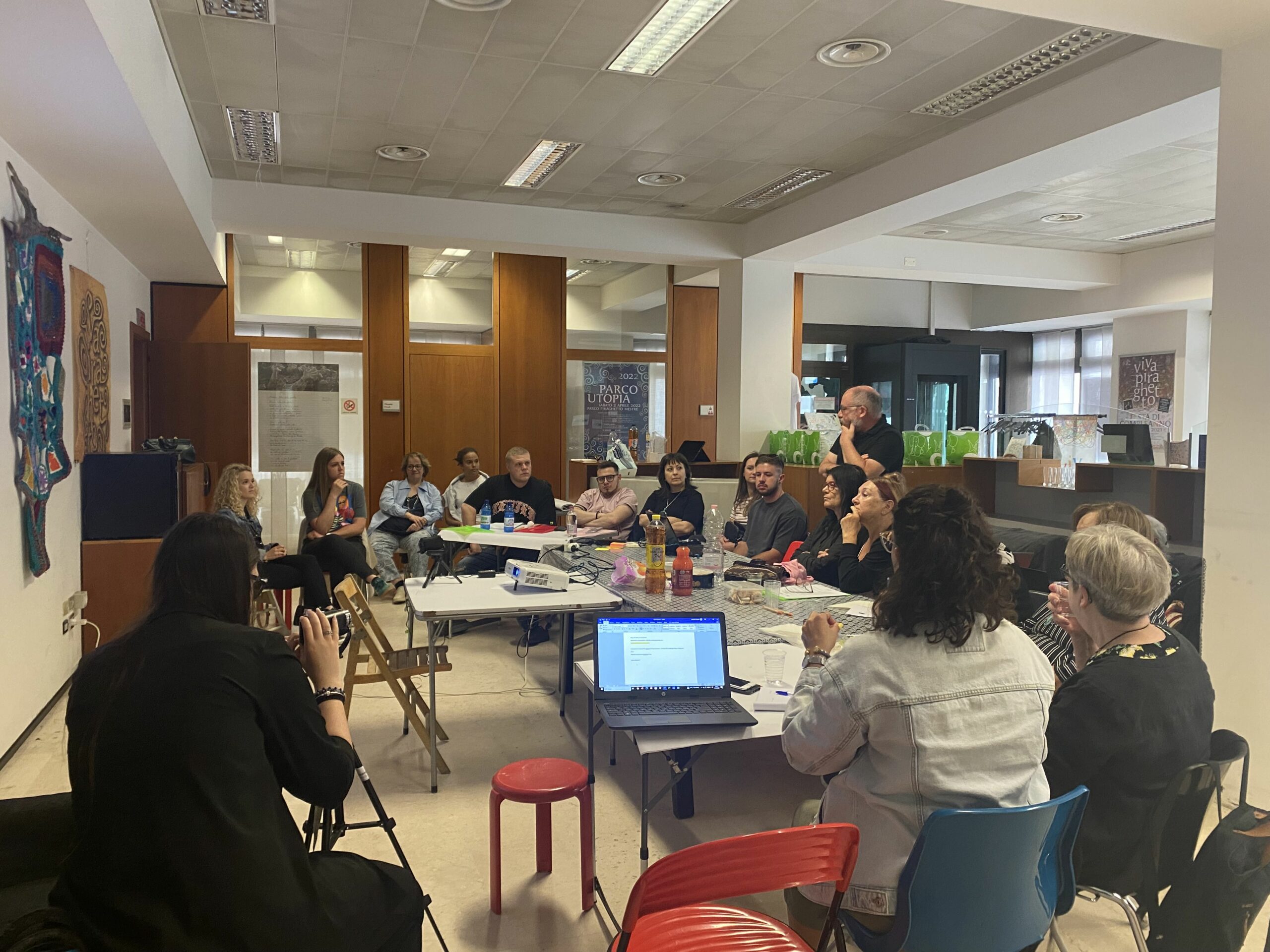One of the key interventions of the project was the “Workshop on Non-Formal Methodologies for Trainers”. This intensive workshop, held in Venice from June 12 to 18, offered participants the opportunity to explore and experiment with non-formal methodologies through practical and collaborative activities. During the workshop, three main themes were presented: Edugame, Improvisational Theater, and Photographic Storytelling using the Photovoice methodology.
Edugame: Innovation in Learning
Definition of Edugame: An edugame is an educational game that combines playful elements with learning objectives, creating an interactive experience that facilitates the acquisition of knowledge and skills in a fun and engaging way.
Examples of Edugames Used in Training: During the workshop, we explored several edugames that have been successfully implemented in educational contexts. These games have proven to be effective tools for improving student engagement and promoting active learning.
Creation of a Personalized Edugame: Participants had the opportunity to create their own edugames, using specific techniques to develop games tailored to their educational needs. This exercise allowed them to better understand how to integrate educational elements within a playful context.
Evaluation of Edugame Effectiveness: We discussed methods and criteria for evaluating the effectiveness of edugames, ensuring that the games are not only fun but also effective in achieving the set learning objectives.
Improvisational Theatre: Creativity and Communication
Definition of Improvisational Theatre: Improvisational theatre is a form of theater where actors create scenes and dialogues spontaneously, without a predetermined script. This approach stimulates creativity, critical thinking, and communication skills.
Examples of Improvisational Theatre Used in Training: We explored various examples of how improvisational theatre has been used to develop transversal skills, such as teamwork, problem-solving, and effective communication.
Creation of an Improvisation Sketch: During the workshop, participants created and performed their own improvisation sketches. This exercise allowed them to experience firsthand the benefits of this methodology and understand how it can be applied in training contexts.
Evaluation of Improvisational Theatre Effectiveness: We examined criteria and methods to assess the impact of improvisational theatre on training, focusing on how this methodology can enhance participants’ interpersonal and professional skills.
Photographic Storytelling with the Photovoice Methodology: Visual Narration
Definition of Photographic Storytelling: Photographic storytelling is a form of narration that uses images to tell stories and convey messages. The Photovoice methodology involves participants in creating photographic stories that reflect their experiences and perspectives.
Examples of Photographic Storytelling Used in Training: We explored various examples of how photographic storytelling has been used to raise awareness on social issues, promote critical reflection, and encourage active participation from participants.
Creation of a Photographic Story: Participants had the opportunity to create their own photographic stories using the Photovoice methodology. This exercise allowed them to explore and document their experiences through the lens of a camera.
Evaluation of Photographic Storytelling Effectiveness: We discussed methods for evaluating the effectiveness of photographic storytelling, focusing on how this methodology can facilitate understanding and empathy, and how it can be used to promote positive social change.
Conclusions and Next Steps
The workshop on non-formal methodologies for trainers was an extraordinary success, offering participants a variety of innovative tools to improve their skills and enrich their educational practices. We will continue to work towards realising the vision of the STAR WOMEN project, providing trainers with the resources and support necessary to excel in their role.


